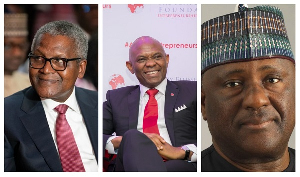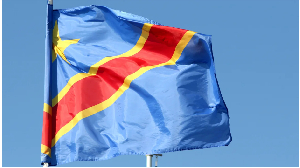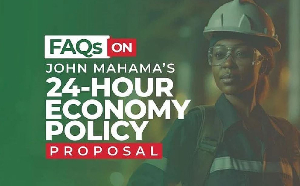Senior Political Science lecturer at the University of Ghana, Dr. Maame Adwoa Gyekye-Jandoh, has blamed the low participation in politics by Ghanaian women on the phrase ‘Politics is a dirty game’.
Making her submission at a corruption dialogue held at the University of Ghana, Dr. Gyekye-Jandoh asserted that the negative ‘nametag’ given to politics does not motivate women to engage in it, noting that that negative perception reduces the confidence of women.
“An important factor that impacts negatively on getting more women to participate in politics and governance is the perception of politics as a dirty game in some countries including Ghana. This hinders women’s willingness to participate in politics and in Parliament for example because it reduces their confidence and their ability to participate in political processes”, she argued.
Dr. Gyekye-Jandoh added that aside the fear of being tagged as corrupt individuals, most women are unable to finance political campaigns, hence their inability to get involved.
“They also do not want to be labeled corrupt. A second important point is that the financing of political parties and elections has become so expensive that it breeds corruption. The temptation to use any source of money that becomes available increases with the cost of election campaigning. While such corruption can involve both men and women, it also puts off many men and women from seeking electoral office in the first place”, the Senior Lecturer explained.
The Political Science department of the University of Ghana (UG) organized a corruption dialogue at the Kofi Drah conference hall on Wednesday, April 18, 2018 under the theme ‘Corruption and Governance: Impacts and way out for women, children and youth’.
The dialogue was aimed at pointing out key factors that hinder the involvement of women and the youth in politics and governance.
General News of Wednesday, 18 April 2018
Source: www.ghanaweb.com

















